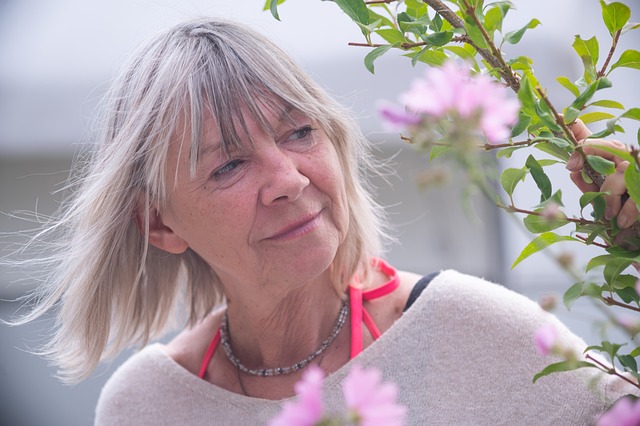A death doula — sometimes also known as an end-of-life doula, soul doula or death midwife — is a person who has been trained to offer support to a dying person in the last days, weeks or months before their passing. This support is often wide-ranging, and can also extend to the person’s family. So, what exactly can a death doula do, and is this service something you or your loved one could benefit from?
The role of a death doula
Firstly, death doulas have been professionally trained to carry out their roles. The International End-of-Life Doula Association offers a comprehensive certification course, but there are numerous online and in-person courses available around the world. It is important to know that doulas do not provide medical support. Instead, their training enables them to provide comfort and companionship, as well as emotional, spiritual and practical care.
Doulas are also able to provide information and resources on the various options available to the dying person, including the kind of funeral they might wish to have. They can also carry out research on behalf of the dying person. For example, into environmentally friendly burial options such as tree pod burial, natural burial or water cremation.

Creating an end-of-life plan
One of the most important tasks a death doula can help with is the creation of a detailed end-of-life plan. This can specify everything from where the funeral will take place to who should be invited, to what the order of service should be, and whether flowers are wanted (and if so, what kind of flower arrangements) or whether the dying person would prefer a donation is made to a charity or other organization in lieu of flowers.
The dying person can tell their death doula the kind of atmosphere they would like their funeral to have: the choice of music, the colour palette, how the space should look, or any rituals or traditions that should be incorporated. The doula can then explain these wishes to the loved one’s family and friends, as well as the funeral home or end-of-life service that will carry out the plan.
Helping a person to die well
Many people find it difficult to talk about death, or might find themselves alone as they face the end of their life with no one to confide in. Death doulas can be incredibly valuable in this situation. They give a dying person the opportunity to speak openly and honestly about their fears and feelings, without any judgement, and knowing that whatever they say won’t be shared with family or friends unless they ask it to be.
End-of-life doulas are also able to help the dying person’s loved ones. They can explain what to expect as part of the dying process, allow the family or carers to express their own emotions without feeling like they’re a burden to the dying, and provide relief to the care givers. Finally, when the time comes, they can help those left behind through the early stages of grief.
Doulas can also work with the dying person and their family to record their life, and process its meaning and achievements, so that a rich legacy of memories is preserved for the loved ones.
How long does a death doula work with someone?
The length of time that a death doula works with a dying person and their family can vary a lot. Some people might decide to contact a death doula as soon as they receive their terminal diagnosis. This can often occur with cancer cases, especially for those types of cancer with a usually short life expectancy (for example, mesothelioma or pancreatic cancer). In this case, the doula will be a consistent presence in the dying person’s life from that moment right up until they have passed.
Other people may only decide they need a death doula much later in their final journey. Perhaps they have discovered that it’s difficult to talk to their family about what they’re going through. Or they feel that they want an independent person to help them decide on what the best path is for them. They might also want to gather friends and family around them as their time approaches, but lack the resources or strength to organize this themselves. The death doula can take this on.
And, sometimes, it can happen that family is unable to be there for their loved one as they face their death. In this case, they can organize for a doula to be present instead, so that their loved one still receives as much comfort and peace as possible.
Conclusion
Death doulas are a wonderful resource that can offer enormous comfort to a dying person and their loved ones. Apart from the practical planning tasks they can perform, they are also trained professionals able to counsel, comfort and advise their clients so that the end-of-life experience can be carried out exactly as the dying person wishes, while also supporting the loved ones left behind.
